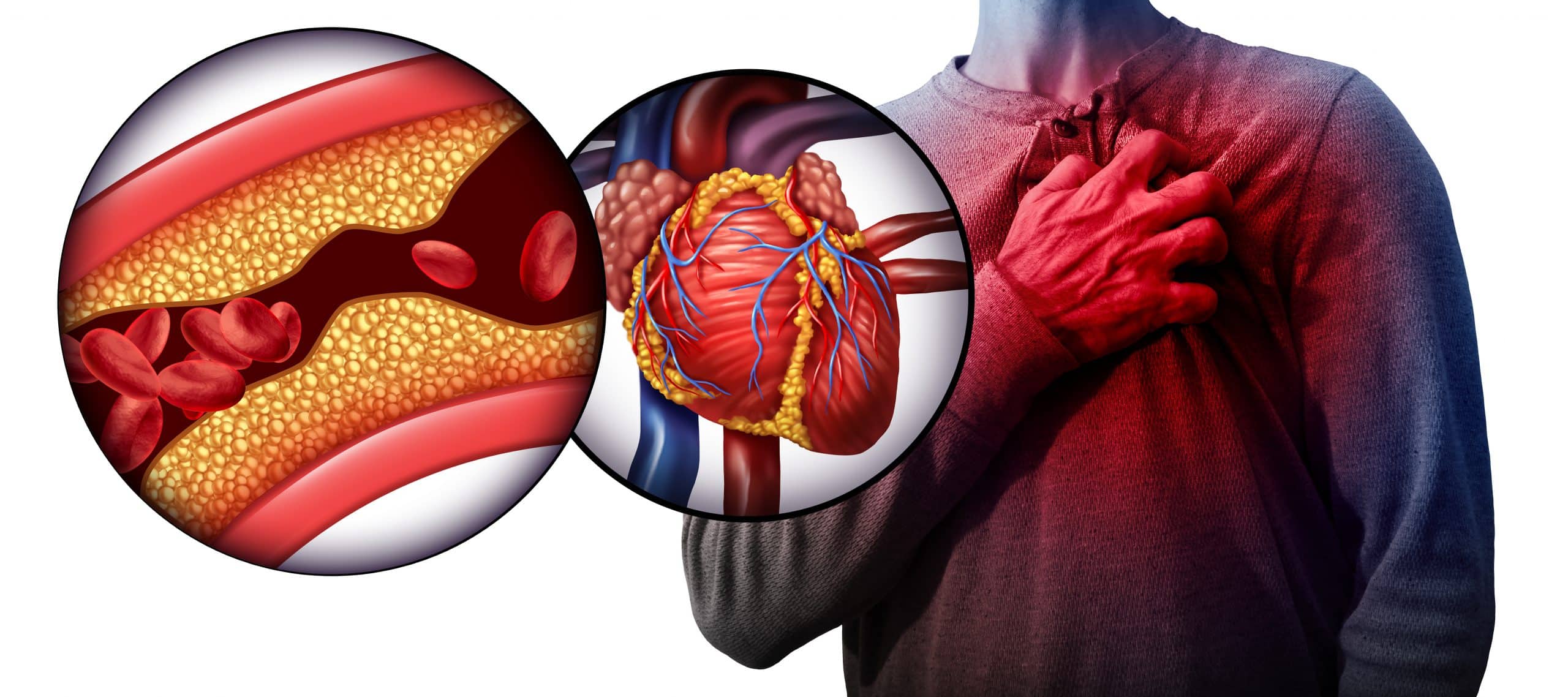04/23/2020
Navigating the Pandemic as a Heart Disease Patient
Since the coronavirus began spreading to countries across the world in March, the information that’s been gathered about the pandemic has continued to be vetted and verified by health authorities. It’s been known for some time that patients with a history of lung problems are at greater risk of suffering serious complications from the disease, alongside older adults, who make up roughly 80 percent of reported coronavirus deaths in the United States.
Relatively new information to be verified, however, is how patients with heart disease are faring in the midst of the pandemic— whether they are contracting COVID-19 at an increased rate, or experiencing an increased number of complications after they contract the disease.
Heart Disease and Coronavirus
Research from how the outbreak struck Italy has revealed that patients with heart conditions had the highest fatality rate of all groups when compared to other underlying conditions. It was found that patients with a diagnosed heart condition were dying at a rate of 10.5 percent, much higher than the average fatality rate of 2.3 percent. It’s well known that certain congenital heart conditions place certain people at an increased risk of suffering an infection in the lining of their heart— known as infective endocarditis (which is why some heart patients take antibiotics before going to the dentist) — but it doesn’t appear that coronavirus is affecting heart patients in that same way.
The virus that causes COVID-19 is called SARS-CoV-2, and it enters a cell by latching onto a protein called angiotensin-converting enzyme 2, or ACE 2. This particular protein is found on cells in the lungs, which allows the virus to invade these cells as well, causing respiratory symptoms. ACE 2 is also found on heart muscle cells, and on the cells that line the blood vessels in the body. It’s for this reason that researchers have suspected that COVID-19 might damage the heart directly. Studies of the cases in Wuhan Province in China, where the outbreak began, have found that some people with COVID-19 have developed a myocardial injury, which means that they suffered from the death of heart cells without suffering a heart attack. It was found that almost 20 percent of the 416 hospitalized patients in Wuhan showed some sign of heart damage, and that half of those patients died— a rate much higher than the average.

How to Stay Safe with a Heart Condition
While there is already a correlation with heart disease and old age, it’s important to recognize the role that heart disease has to play in the coronavirus pandemic. If you or someone you love is immunocompromised or has a persistent heart condition, it’s important to do everything in your power to prevent transmission. From the American Centers for Disease Control, the most important guidelines to follow in reducing your likelihood of contracting COVID-19 are to wash your hands frequently, stay home if possible, and take precautions to maintain distance from others, whenever possible.
Tracking the condition of your heart health is especially important at this time when having a heart condition is even more dangerous than before. Tracking Cholesterol levels and BMI for example, are critical during this difficult time, as both metrics often increase with a change towards a more sedentary lifestyle. Physical activity is important for maintaining a healthy immune system and reducing stress levels, but it’s becoming more difficult to include in a regular routine with many gyms across America being closed for business. Home workouts and finding time for fitness may become increasingly important for maintaining a healthy immune system as many states maintain special rules for which businesses should continue to stay up and running.
Make a Plan
If you have an underlying heart condition, it’s especially important to have a plan for what happens if you should get sick. If you’re experiencing symptoms, it’s important to stop exercise, and take special care to not spread the virus by going to public spaces. Ensure you can stay in touch with others by phone or email, contact your healthcare provider to ensure you have enough of your essential medications to last you for a while, and make a plan for attaining the household items and groceries you’ll need to stay at home for a long period of time. If you have a heart disease or other underlying condition found on this CDC page, it’s important to monitor your symptoms extra closely, and go to the hospital if you start to have trouble breathing.
For more information on how to reduce stress and manage heart conditions, visit our blog for additional resources.



